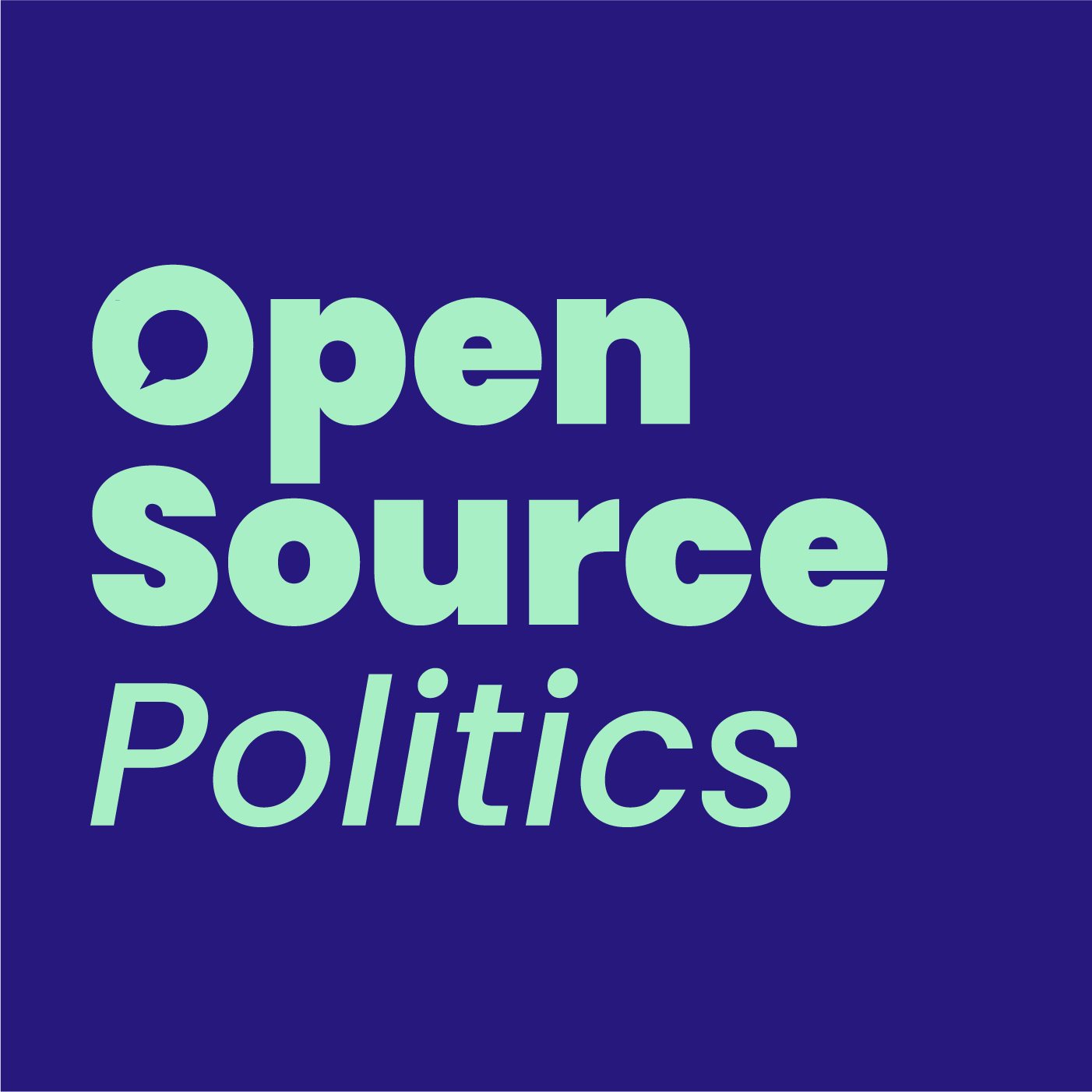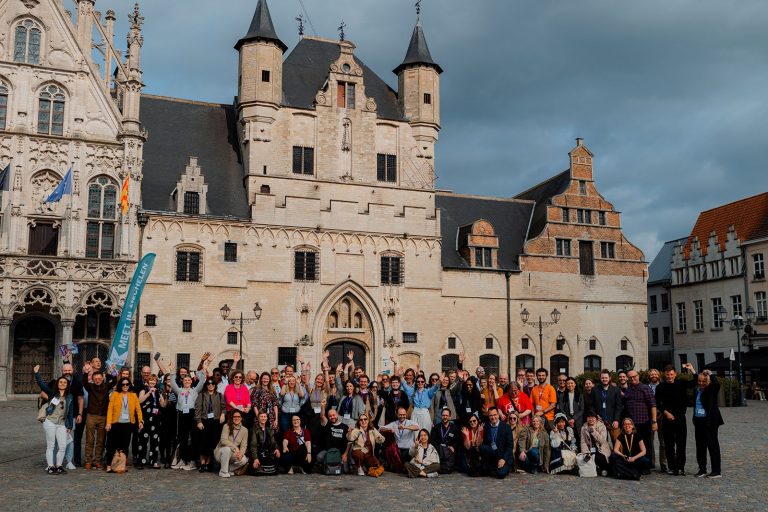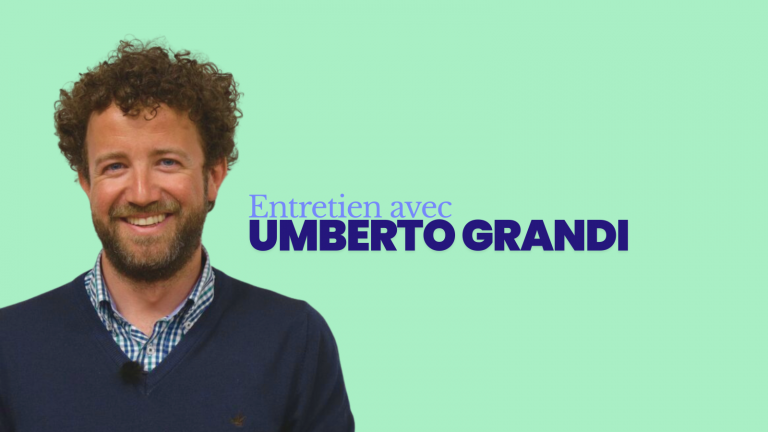9 thématiques, 24 langues, 27 Etats-membres, UNE seule plateforme pour suivre et contribuer à la Conférence sur l’avenir de l’Europe. Depuis son lancement en avril 2021, plus de 50 000 Européens ont utilisé une plateforme Decidim pour déposer et débattre leurs idées sur l’avenir de l’UE. En parallèle, plus de 700 000 citoyens ont participé aux plus de 6 000 événements organisés et publiés sur la plateforme.
Le cadre inédit de la Conférence sur l’avenir de l’Europe
La Conférence sur l’avenir de l’Europe a consisté en une série de débats et discussions en ligne et en présentiel à propos des priorités des institutions européennes. Ces débats ont été structurés autour de neuf thèmes.
Le volet numérique : une innovation technique en appui à la Conférence
Après deux ans de réflexion au sein des institutions et un retard à cause de la pandémie, le volet numérique a permis un lancement officiel de la Conférence le 9 mai 2021, alors que les panels citoyens ont été mis en place au mois de septembre de la même année. En effet, si la Conférence a réédité des dispositifs de délibération en présentiel [link panels] déjà expérimentés à plus petite échelle au niveau européen, elle est la première à avoir été dotée d’un volet de participation en ligne. Une plateforme multilingue a ainsi été déployée pour centraliser toutes les contributions des citoyens, publier progressivement les résultats de la Conférence et communiquer autour des étapes successives.
Plus en détail, les citoyens ont pu participer dans la plateforme à travers plusieurs fonctionnalités liées les unes aux autres :
- Les idées : il s’agissait de la contribution de base ; les citoyens ont pu déposer leurs propositions dans chacun des espaces thématiques dédiés. Les idées partagées ont pu être approuvées par les autres utilisateurs (soutien).
- Plus de 18 000 idées ont été partagées, avec plus de 73 000 soutiens exprimés. Les trois thématiques les plus populaires ont été “Changement climatique et environnement” (+3 700), “Démocratie européenne” (+2 500) et “Une économie plus forte, justice sociale et emploi” (+2 100), suivies de près par “Éducation, culture, jeunesse et sport” (+2 000).
- 240 idées ont reçu plus de 50 soutiens chacune, parmi lesquelles 110 idées qui en ont plus de 100.
- Les commentaires : cette fonctionnalité a assuré la dimension de débat, les utilisateurs ont pu avoir des discussions sur une idée en question avec des fils de commentaires. Les utilisateurs pouvaient ajouter une étiquette “pour” ou “contre” à leur commentaire pour que leur position face à l’idée soit évidente. Chaque commentaire pouvait lui-même être évalué par les autres.
- Les événements, qui permettaient aux utilisateurs de communiquer sur leurs rencontres organisées dans le cadre de la Conférence. À l’issue d’un événement, l’organisateur pouvait publier un rapport avec les conclusions et, s’il le souhaitait, il pouvait le relier à des idées existantes élaborées ou discutées lors de l’événement.
- Des plus de 6 600 événements enregistrés, plus de 570 ont eu lieu en France. De plus, à peu près 90 événements officiels ont été organisés par les États-membres et identifiés en tant que tels sur la plateforme.
Le contenu des contributions sur la plateforme a été analysé à plusieurs étapes (août, septembre et novembre 2021) avec un rapport final établi sur la base des contributions déposées avant le 20 février 2022.
En parallèle, les 800 citoyens européens tirés au sort distribués en 4 panels thématiques et les 9 groupes de travail de la Plénière de la Conférence ont pu aussi organiser leur travail grâce à des espaces privés sur la plateforme. Si l’usage de ces espaces privés est le plus souvent resté limité au partage de contenus et à des questionnaires d’évaluation, les deux instances ont basé une partie de leurs discussions sur la restitution des contributions en ligne.
Ainsi, la plateforme a insufflé un double boost démocratique à la démarche. D’une part, les neuf espaces publics de contribution (un par thématique) ont permis d’élargir le public de la Conférence au-delà des groupes de citoyens tirés au sort et des membres de la Plénière. D’autre part, en termes de publicité et transparence, non seulement les contributions ont été publiques, mais la plateforme a permis de publier tous les documents produits pour et par les reste des instances du dispositif (ordres du jour, conclusions, rapports, streamings, etc).
Notre rôle dans la conception et l’animation de la plateforme numérique de la Conférence sur l’avenir de l’Europe
Decidim : un choix éthique et technique
Parmi les logiciels existants, les institutions européennes ont choisi le logiciel libre Decidim et ont fait appel à l’équipe d’Open Source Politics pour la gestion de la plateforme au quotidien. Si le choix du logiciel peut s’expliquer par la priorisation des solutions open source défendue par l’Union européenne depuis longtemps, l’expérience d’OSP a permis d’optimiser l’usage de la plateforme pour informer et impliquer les utilisateurs.
Decidim a tout d’abord été raccordé au système applicatif des institutions européennes, entraînant plusieurs adaptations substantielles : le choix des langues en écran d’accueil, la connexion uniquement possible via un compte EU Login – une barrière qui a préservé la plateforme des comptes spam – et des en-tête et pied-de-page cohérents avec les autres plateformes institutionnelles. Une fois ces contraintes prises en compte, l’objectif était que les fonctionnalités de contribution restent les plus accessibles possibles, malgré la multiplication des thèmes et des informations disponibles sur la plateforme. La traduction automatique a joué un rôle majeur dans la création de cet espace démocratique inédit : dans le but de montrer la diversité européenne, le choix a été fait de rendre visible les contributions dans leur langue d’origine par défaut, et de permettre aux utilisateurs d’afficher les versions traduites. Le système de traduction automatique, basé sur une technologie interne développée par les institutions européennes, a été perfectionné à plusieurs reprises jusqu’à arriver à un modèle intelligent détectant automatiquement la langue de chaque contribution pour en afficher la traduction immédiatement.
Au delà de cet outil de traduction (E-translate), nous trouvons également la preuve de cette adaptabilité dans l’interopérabilité de la plateforme avec le portail d’identification (EU Login), mais aussi des outils d’analyse statistique développés par le Centre de recherche de la Commission à partir de l’API de Decidim et de la compatibilité avec les plateformes de streaming vidéo internes (EBS, Parlement UE, SCIC).
Grâce à la modularité de la plateforme de base et à l’ouverture du code source, la plateforme a pu être améliorée sur une base mensuelle selon les besoins du client et les retours de toute la communauté. Bien entendu, tous ces développements respectent le contrat social de Decidim et ceux qui ont été approuvés par la communauté Decidim sont intégrés dans le code ouvert de la version de référence (master) du logiciel. L’investissement financier des institutions publiques européennes est ainsi reversé au bien commun.
Une mobilisation au quotidien de nos équipes techniques et conseil
Si les développements ont été réalisés par les institutions et leurs prestataires, les équipes produit et conseil d’OSP ont animé les ateliers de réflexion et de décision sur l’évolution de la plateforme et joué un rôle de coordination au quotidien entre le personnel des trois institutions rassemblé dans le Secrétariat commun de la Conférence et les différents prestataires (techniques et facilitateurs des panels citoyens). En ce sens, notre équipe a démontré sa capacité à s’intégrer dans la vaste constellation d’acteurs autour du projet, en harmonisant et matérialisant leurs objectifs. De même, nous avons été l’intermédiaire nécessaire entre les équipes techniques de la Commission européenne et du Parlement européen et la communauté Meta Decidim. Nous avons ainsi mis à profit notre expertise sur la démocratie participative numérique, l’architecture de Decidim et l’engagement citoyen au sens large.
Une mention spéciale revient à l’équipe de modération d’OSP, soit sept personnes qui ont successivement composé des équipes de 3 à 4 membres à temps plein sur ce projet. Depuis le lancement, ils et elles ont assuré l’évaluation de toutes les contributions, le contact avec les utilisateurs et la résolution de leurs demandes, la préparation de statistiques hebdomadaires et l’intégration du contenu sur la plateforme multilingue à la demande du client.
Notre bilan
Plus de 50 000 participants et 40 000 contributions. La donnée est importante car elle est sans précédent au niveau européen. Nous avons beaucoup appris au cours de ces deux années et au contact de plusieurs centaines d’interlocuteurs engagés dans la Conférence sur l’avenir de l’Europe. Si la participation sur la plateforme n’a pas été massive lorsqu’on la rapporte au total de la population européenne, elle a été globalement de qualité. Nous comprenons mieux les améliorations techniques qui restent nécessaires au sein de la communauté pour fluidifier les parcours et améliorer les performances globales de Decidim. Nous avons hâte de renouveler le défi de ces missions à grande échelle.




